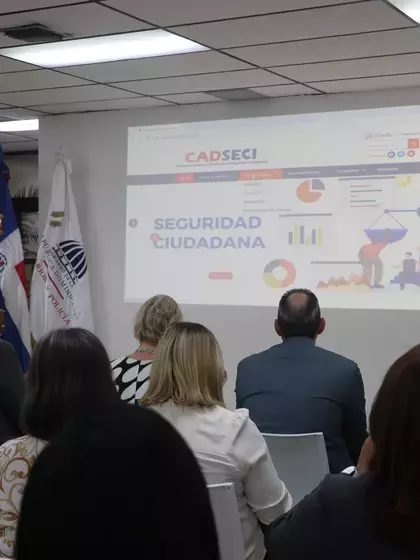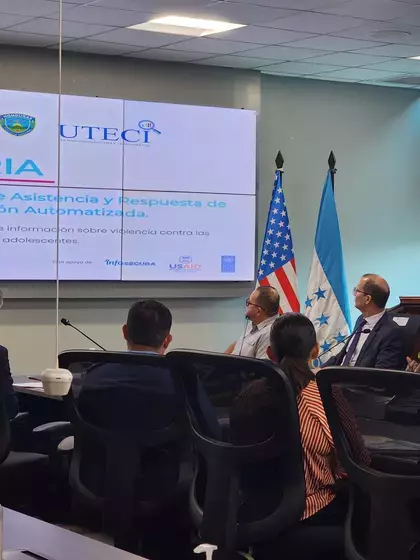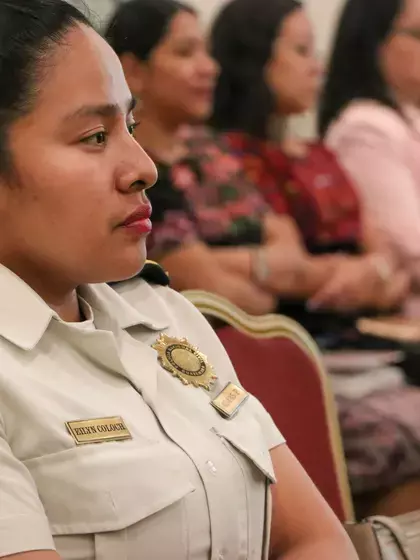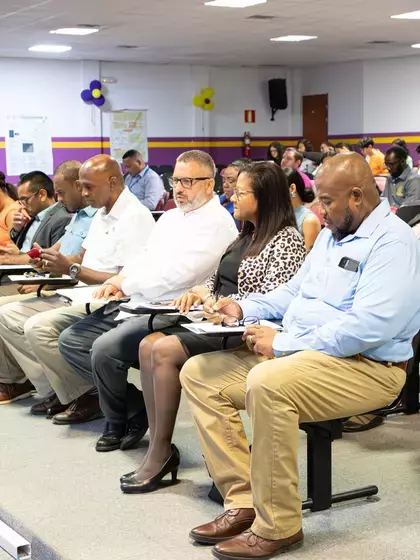The central canton of Puntarenas is moving toward citizen security, a prevention strategy that started in April 2021
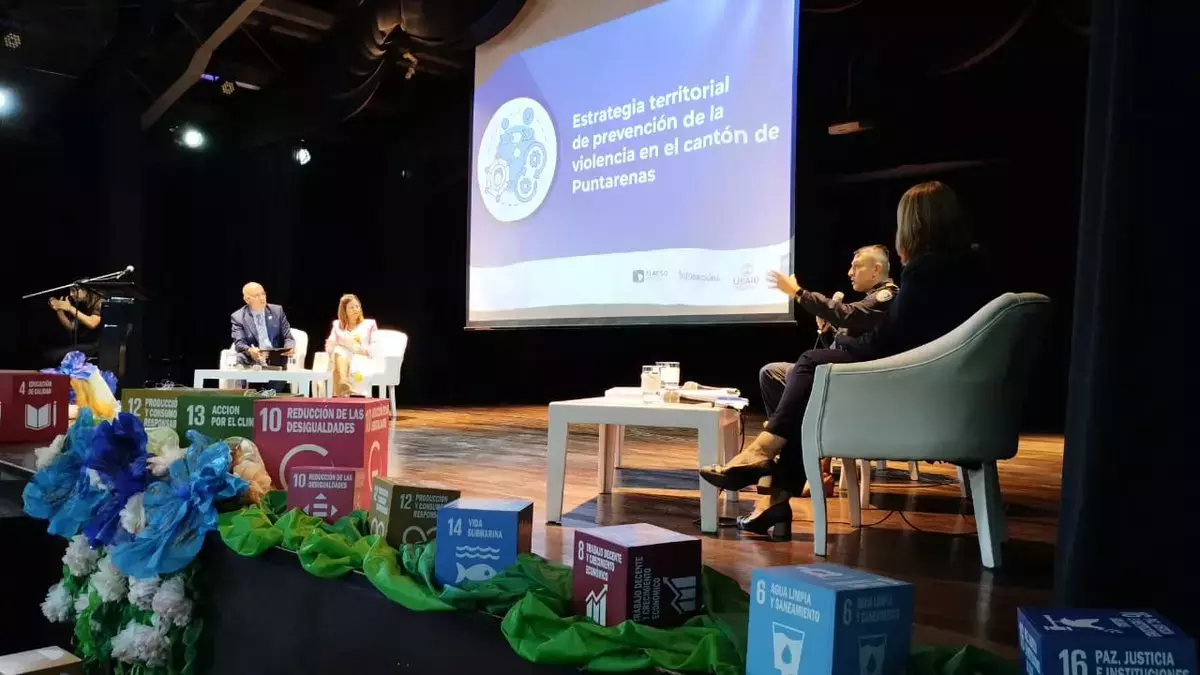
The United Nations Development Programme (UNDP) and the Latin American Social Sciences Institute (FLACSO Costa Rica) presented a report on the Territorial Violence Prevention Strategy in the central canton of Puntarenas (ETPVCP), which started in April 2021, addressing the serious rise in homicides and other offenses there. This effort is part of the InfoSegura Regional Project that UNDP is implementing in partnership with the United States Agency for International Development (USAID).
The ETPVCP is an institutional effort to address the causes and manifestations of criminal violence, primarily targeting the districts of Roble, Chacarita and Barranca.
The strategy was designed with the cohort of communities who identified a series of priority issues that have to do with drugs, lack of income, no spaces or programs for sports and recreation, problems in education, and citizen insecurity. Added to these issues are others that have to do with spaces for the participation of young people, alcohol use, adolescent pregnancy, violence against women, human trafficking and sexual exploitation, as well as general poverty.
“We cannot ignore that insecurity and crime are at the same time the result of- and the catalysts for precarious living conditions, exclusion and discrimination. Building a safer society and access to quality education, better employment opportunities and decent living conditions for all people, these are all interdependent. The challenges and needs in the territories and communities have got to be understood and addressed with precision policies,” noted Jose Vicente Troya Rodriguez, Resident Representative of UNDP in Costa Rica.
In response to this situation, four strategic lines of work were set up, namely care, economic outreach, educational support and citizen engagement.
Participating institutions include the Municipality of Puntarenas, the Ministry of Public Security (MSP), the Ministry of Justice and Peace (MJP), the National Children’s Trust (Pani), the Mixed Institute for Social Assistance (IMAS), the Ministry of Public Education (MEP), the National Institute for Women (INAMU), the Ministry of Labor and Social Security (MTSS), the Vice Ministry of Youth, the Costa Rican Institute of Pacific Ports (INCOP), the Ministry of Sports (MIDEPOR), and the Costa Rican Institute of Sports and Recreation (ICODER).
This experience underscores the relevance of acknowledging that there are causes that explain violence and risk factors that can be addressed in a timely manner. In addition, insecurity is not proportionately or equally distributed nationwide, rather it concentrates in specific locations where conditions are favorable.
“Public policies have to be reinforced with a territorial approach, anticipating the particular causes of violence, addressing its specific effects and strengthening community capacities. This involves recognizing that different policies need to interact, and coordination is needed among the different institutions, in order to improve implementation,” explained Ilka Treminio, Director of FLACSO Costa Rica.
The presentation was held in La Libertad Park. There was also a panel whose participants included the Minister of Human Development and Social Inclusion and Executive President of IMAS, Yorleny León Marchena; the Vice Minister of Public Security and Director General of the Public Force, Commissioner Daniel Calderón, and Marcela Smutt, Coordinator of InfoSegura. The presentation was attended by functionaries from different institutions, representatives of the private sector, academia and civil society organizations.

